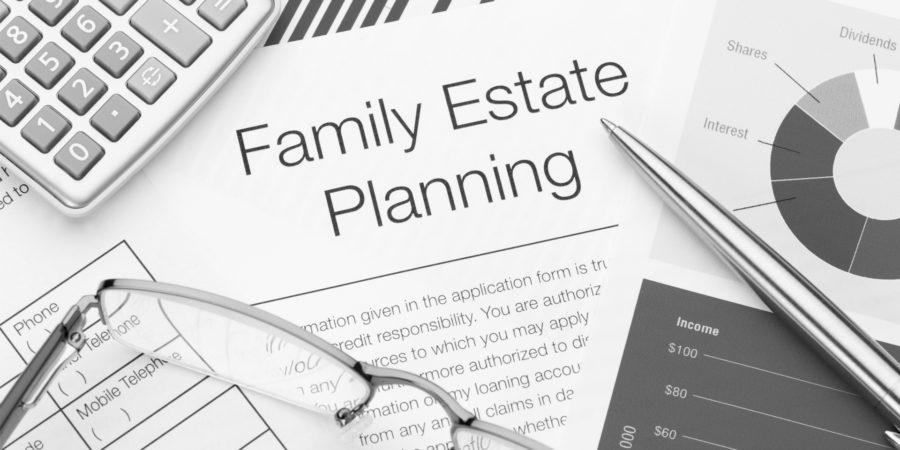Wills and testaments are necessary for ensuring that the wealth of a person who has passed away is allocated according to his or her wishes. Unfortunately, two out of three adults in the country don’t even have estate planning documents on hand. Only 28 percent of people over the age of 55 are motivated to plan their estates. Ironically, younger people are more interested in preparing their wills: 45 percent of people between ages 18 and 34 were motivated due to the COVID-19 pandemic.
Any seasoned Indianapolis estate planning attorney can tell you that DIY-ing your estate planning is not the best course of action. There are far too many risks, and while you won’t suffer the consequences, the people you care for and leave behind will be the ones to carry the financial and legal burdens of a flawed will and testament.
With that in mind, here are some of the dangers that can happen with DIY estate planning:
- The intent of your will is unclear.
When you have an estate planning attorney, you can count on your estate planner to talk you out of hand-writing your last will and testament with pencil or on low-quality stationery. There’s a danger that your will no longer be legible by the time it’s needed, which will surely complicate its interpretation and administration.
Speaking of interpretation, a will should eliminate the need for one. Verbiage matters in probate law; if your statements are vague or leaves room for interpretation, the probate court may have to pass judgment on its interpretation. Avoid the risk of having your will interpreted wrongly by working with an experienced estate planning attorney.
- You might make erroneous assumptions about what’s legally binding when it’s not.
A common assumption among DIY-ers is that getting a notary public to stamp on documents like will amendments will make them legal. The purpose of a notary stamp is to prove your identity. If you want to make amendments to an existing will, it has to go through due process that involves more than a notary stamp.
- You could end up paying more than necessary on taxes.
Your estate might be burdened with tremendous taxes. For context, if your estate is worth at least $11.70 million, it’s subject to estate tax. This is on top of the inheritance tax your heirs have to pay to receive what you left them.
You wouldn’t want to burden your family members with more bills when you want them to benefit from your wealth. To reduce your heirs’ tax exposure, you can set up trusts for each of them — an entirely different endeavor for which you will most certainly need a trust and inheritance lawyer.
- The directions you followed might be contrary to state law.
Each US state has its own set of intestacy laws. Many DIY estate planning guides and websites no longer provide the nuances for each state, so when people follow their procedures, they could overlook some key elements, overlook crucial requirements, or do things entirely wrong. This is especially true when setting up trusts and tax planning. States have different laws for both, and if you don’t know your state’s laws, costly problems will emerge when it’s time to administer your will.
These are just some of the dangers of DIY estate planning we’ve observed over the years. The impact of each can be tremendous for heirs. They could end up with a much smaller inheritance or lose their benefits entirely.
Plan Your Estate Wisely and Secure Your Last Will and Testament
When drafting your will, you do so with the hope that your heirs can at least experience some form of relief after your passing. Make sure this happens by doing your estate planning properly and with the guidance of a veteran estate planning attorney.
Taylor Chadd Minnette Schneider & Clutter PC’s estate planning attorneys are ready to assist clients from Indiana. Prepare for your heirs’ financial future — starting today. Contact us to schedule a consultation.


